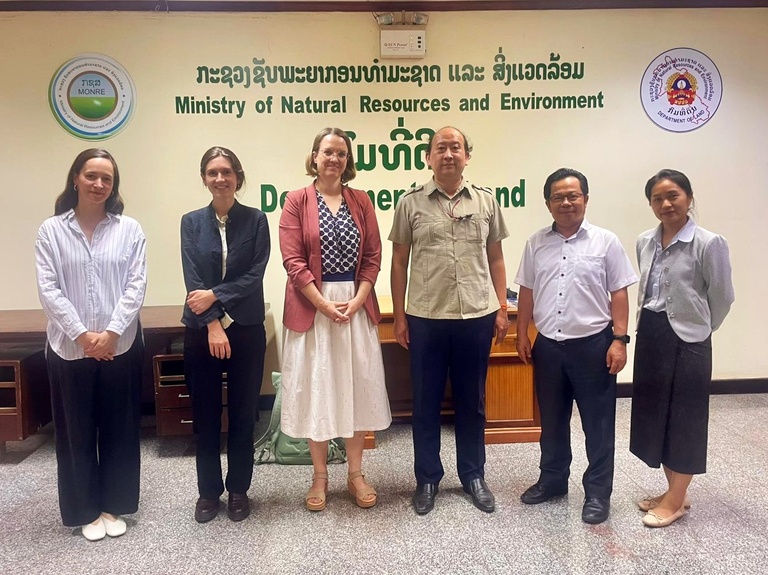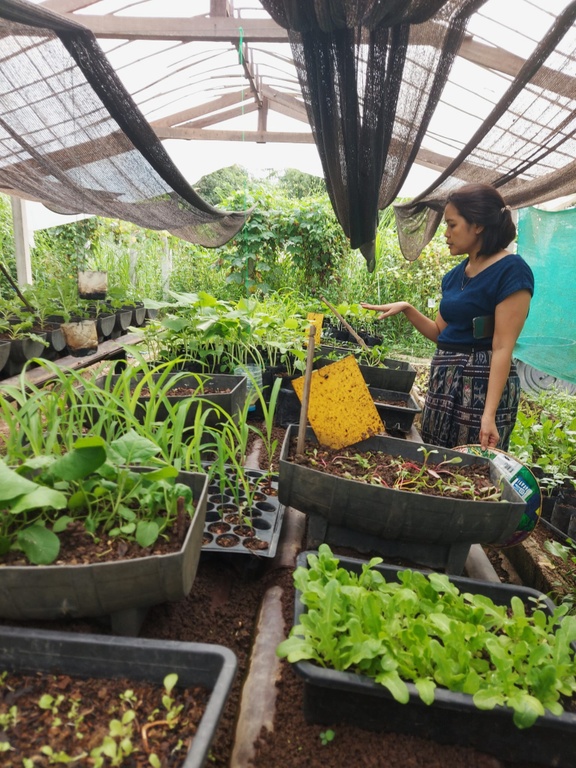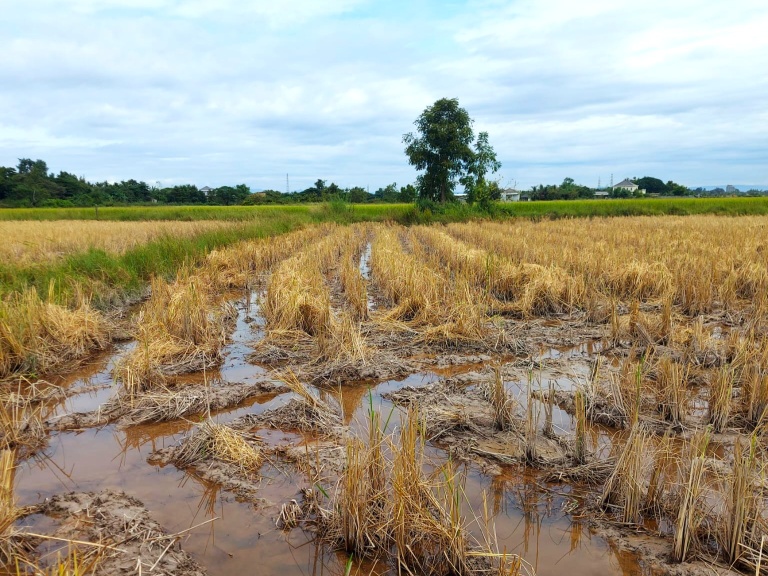
Background
The international community is committed to facilitating a just transition towards low-carbon, nature-positive and climate-resilient societies that ensure a fair distribution of burdens and benefits. It is increasingly recognized that parts of the world need dedicated support to achieve such a transition. This is particularly true for sectors like agriculture, forestry or energy. Designing transition pathways requires scientific evidence on optimal policy instruments and incentive structures, as well as on successful combinations of transformative practices that contribute to adaptation and mitigation of climate change, as well as biodiversity preservation, poverty reduction, food security and gender equality, among others.
Project objectives
Against this background, TRANSFORM aims to provide scientific evidence to support a just transition along three key areas:
- Transforming agricultural and food systems: In many lower- and middle-income countries, agriculture is the backbone of the economy, with large parts of the population depending on this sector for food security and livelihoods. TRANSFORM will thus evaluate transformative strategies for agricultural and food systems that not only contribute to greater climate resilience, but also other objectives in terms of adaptation, mitigation, biodiversity and socioeconomic development. Through a combination of modelling and empirical analysis, this evaluation will focus on different types of strategies, including strategies that can be implemented autonomously at farm level as well as strategies that require institutional support like credit and market access, or expanding social safety nets.
- Potential for sustaining carbon sinks: The climate crisis threatens forests as reduced agricultural productivity increases pressure to expand agricultural land. Protecting carbon sinks through land restoration is therefore key to meeting climate goals. Beyond financial incentives, secure land rights, clear ownership and access to credit can help communities to protect and restore land. However, evidence on which land tenure systems work best is still mixed. In this key area, we will assess how to sustain carbon sinks, improve land registration and ensure fair land-use rights. By combining models, community engagement and experiments, research in this key area aims to inform policies that support effective land and forest restoration.
- Justice dimensions of socio-ecological transformations: Climate financing and adaptation often overlook gender-specific needs and power dynamics, although climate change disproportionately affects women and marginalized groups. Hence, in this key area, we aim to address this gap and improve our understanding on how climate change impacts women and marginalized groups in the agricultural sector. To this end, we will use quantitative and qualitative methods, with a specific focus on integrating traditional practices and nature-based solutions.
TRANSFORM will focus on Brazil and a country in Southeast Asia, which is to be determined. In addition to these focus countries, the project will also carry out research in other countries, including on the African continent, to ensure a coverage of different world regions.
News from the project
In October–November 2025, the project team visited Laos to kick-off research activities at the intersection of land tenure and forest protection. As part of this visit, the team met with a range of stakeholders from the Lao government, donor organizations, academia and civil society, which provided valuable insights into the local context. The team also had the opportunity to visit an organic farm near Vientiane, gaining a firsthand understanding of sustainable land-use practices in the region. In the next two years, PIK researchers, together with GIZ Laos's Land Management and Decentralised Planning 4 (LMDP4) project, the Department of Land Administration and Management (DLAM) and the Department of Forestry (DoF), will explore the following questions, among others: How do people in forest-dependent communities value land and forests? How do different land tenure arrangements influence behavior regarding forest use? And can land formalisation efforts contribute to increasing forest cover? To help answer these questions, different types of data will be collected, with the first round of data collection planned for March 2026.



Meeting with the Department of Land Administration and Management (DLAM) in Vientiane (left); visit to an organic farm nearby Vientiane (middle and right).
Duration: September 2024 - December 2027
Funding agency: German Federal Ministry for Economic Cooperation and Development (BMZ)
Contact: Prof. Dr. Christoph Gornott (gornott@pik-potsdam.de) and Dr. Lisa Murken (murken@pik-potsdam.de)





